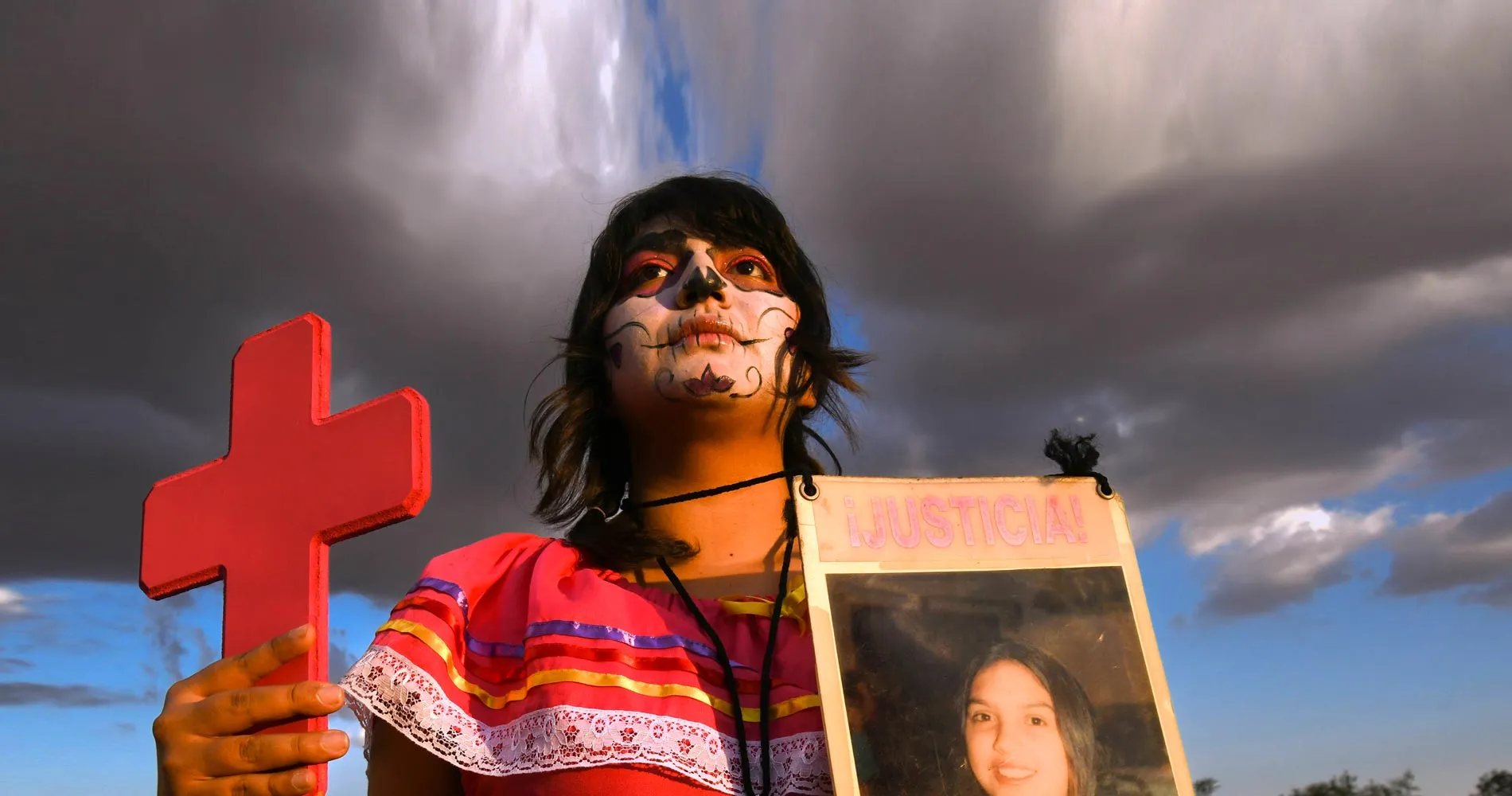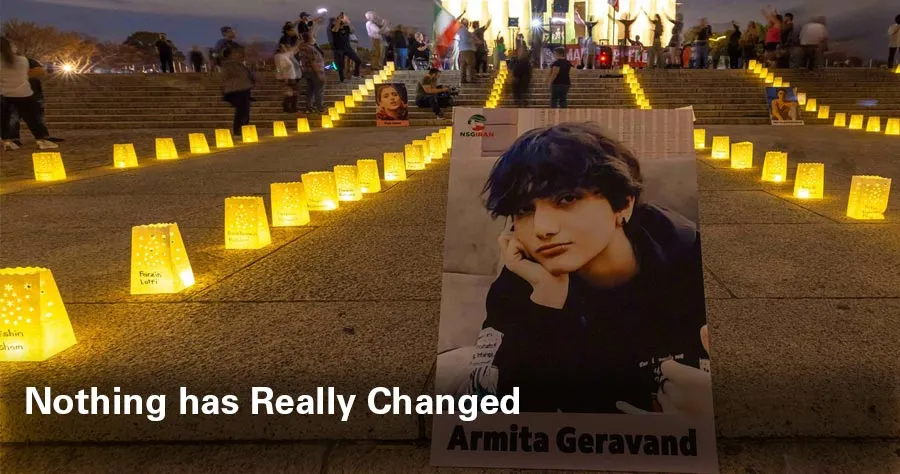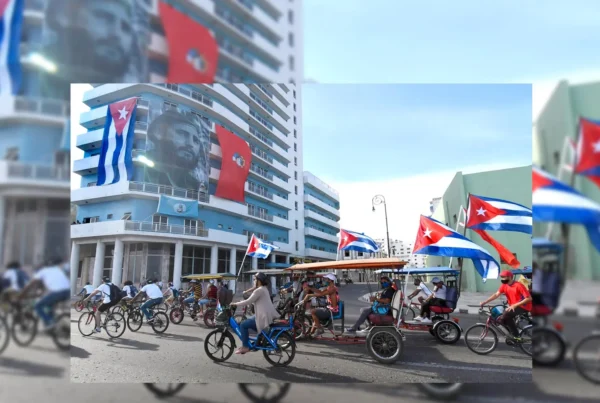Femicide is a global phenomenon, with Mexico being one of the countries with the highest femicide rates in the world. Mexican authorities continue to fail victims and their families by failing to find and prosecute the perpetrators according to an Amnesty International report. Official statistics on violence against Mexican women obscure a harsher reality, fuelled by impunity. The women of Mexico, united by Civil Groups, labor to address this violence embedded in cultural norms.
David Deegan, 05 March 2024
Lorena Escobar, Paola Yazmin, Yaretzi Adri, Maria Alvarez and her 7-year-old granddaughter Emilia, Nadia Muciño Márquez, Daniela Sánchez Curiel, Diana Velázquez Florencio, Karla Velasco, Julia Sosa Conde, Ingrid Escamilla and 7-year-old Fátima: these names of the killed women and girls are the tip of an ever-growing list of names of femicide victims in Mexico. They were killed in the most brutal way, their deaths often going unpunished as Mexican authorities fail to find and/or prosecute the killers. Nine of ten femicides remain unsolved.
Mexico is the second most populous country in Latin America after Brazil. Each day approximately ten to eleven women are murdered in Mexico. The National Institute of Statistics and Geography (INEGI), an autonomous agency of the Government of Mexico, reported that 3757 women were killed in 2022. For the same period, INEGI listed 2841 women as officially missing, so the figure of women being killed is potentially much higher.
The UN defines femicide as the “intentional killing with a gender-related motivation.” According to the OSCE, 2022 saw more than 89 000 femicides worldwide with more than half of these murders (48 800) committed by partners or family members. Africa holds the femicide record, followed by Asia, the Americas, Europe and Oceania. Mexico ranks eleventh and is the highest non-African country in the world for femicide after Honduras.
Civil society groups in Mexico suggest that women’s disappearances are also under-reported, so that INEGI statistics could be even higher. The same groups say the disappearances of women in Mexico obscure the real picture of violence against women in that they effectively reduce the statistics of acts of femicide, kidnapping and human trafficking.
In Mexico, only 24% of the reported killings were considered femicide. María de la Luz Estrada, Director of the National Citizen Observatory on Femicide (OCNF), along with other feminist and civil society organizations, suggest that this figure is closer to 50%, owing to prosecutors and courts not recognising that a killing had a gender perspective and/or not making a judgement which acknowledges gender-based violence.
Between 1993 and 2011, more than 500 women were killed in Ciudad Juárez, a city in northern Mexico. These murders received international attention primarily because of perceived government inaction in preventing the violence and bringing perpetrators to justice. Following the highly publicized protests, in 2012 Mexico became the first nation in Latin America to add femicide to the penal code.
The number of non-fatal attacks is even higher. The “Breach/Valdez Award” was created by the UN Human Rights office in Mexico, along with several other organizations, to recognize the work of journalists on human rights issues in Mexico. In 2023 this award was presented to Gloria Piña for her documentary “The Survivors: Forgotten by Justice.” According to her documentary, since 2015 there have been 1.7 million criminal investigations in Mexico for beatings, burns, strangulation, injuries with knives or firearms against women. However, only 781 of these attacks were investigated as attempted femicide. The rest were categorized as malicious injury or domestic abuse, crimes which carry lower penalties than femicide.
Piña emphasizes that: “Failure to prosecute such attacks as attempted femicide despite overwhelming evidence downplays the scale of the problem of violence against women and fuels a culture of impunity. … The message the legal system is sending is that in Mexico there is impunity and that a woman can be attacked or killed. Not only are there no legal consequences for killing women, but the State will do nothing to protect or financially take care of the victims.” Piña’s research concluded that this lack of gender perspective in the legal system, along with legal loopholes, negligence and harmful social norms, provide victims neither protection nor reparation and allow a vast majority of violent attacks against women to go unpunished.
Femicide is an important addition to the penal code, not only because it carries higher penalties, but also because it draws attention to cultural/societal aspects of violence – factors contributing to the culture of impunity, described by Piña as gender bias by judges and prosecutors and deep-rooted socio-cultural patterns that discriminate against women.
Ney Vitrino, a Mexican NGO lawyer, said that the culture, dating from pre-Hispanic times, has always given more importance to males, a cultural norm which affects attitudes towards domestic violence. Julieta Fernandez, a Federal Congresswoman in the Mexican state of Guerrero said: “It’s about breaking the cycle of violence. When society accepts a husband beating his wife as normal, future generations will not change this behaviour.” Fernandez champions adult education programs which teach empathy to communities in Guerrero. She reports the programs have the greatest success when they highlight to men the direct impact their actions have on their own children.
Mexico officially ratified the International Labour Organization Violence and Harassment Convention in July 2022. The treaty obligates Mexico to provide comprehensive protections to ensure a world of work free from violence and harassment, including gender-based violence. But introduction of legislation does not, of itself, change attitudes.
In 2023, Justice in Mexico published: “Analyzing the Problem of Femicide in Mexico”; summarising research conducted by McGinnis, Ferreira, and Shirk. The authors found that Mexican states which have special prosecutors for the investigation of femicides are substantially more likely to classify female homicides as femicides, and recommend all states provide more resources for the investigation and prosecution of gender-motivated crimes.
In Spanish, the word “mujer” means both “woman” and “wife”, which could carry an unspoken implication that a woman’s identity in a Latin-American country will inevitably be that of a wife and, unless things change, belonging to a man. Mexico cannot change vocabulary, but can it effect a social and cultural change to make the country safer for women and girls?
UN Human Rights in Mexico is supporting government institutions and civil society groups to end gender-based violence. Their initiatives are aimed at improving the prosecution of femicide cases by bolstering due diligence and by training forensic doctors and court officials to incorporate a gender perspective into their work. Let us hope they succeed.









